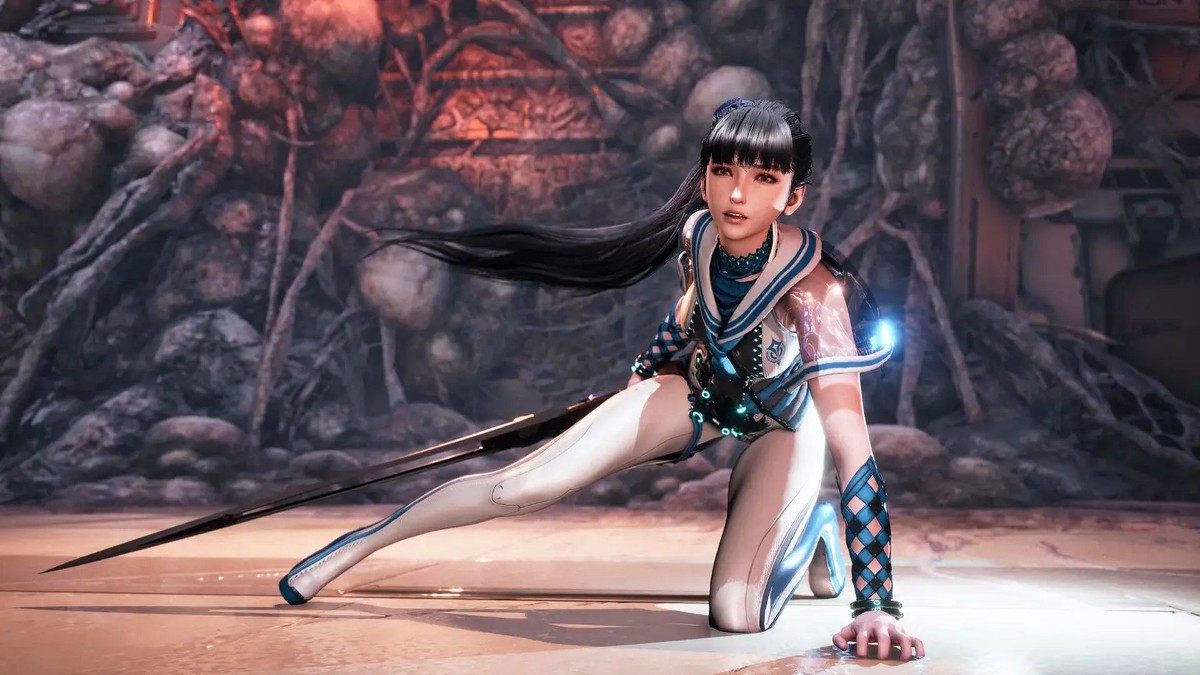How Did This Racist Message Make Its Way Into ‘Stellar Blade’ in the First Place?
Environmental microaggressions at work!

The newest action-adventure game Stellar Blade is out, and it’s already embroiled in a lot of pretty oof racial controversy.
Shift Up, the Korean developer behind Stellar Blade, left in a pretty insidiously racist message in their game. At a certain area in the in-game city of Xion, players were able to find the word “HARD” etched in graffiti on the wall. By itself, not problematic, but neon signage of the words “R SHOP” were right next to it, making the phrase “HARD R” unavoidable.
This phrase is common slang for the N-word. “Hard R” in reference to the full -er slur vs. the slang term used more affectionately within the Black community that ends in -a. And while the developer, being a Korean company, potentially did not intend this mistake, it’s indicative of a very serious problem in game development overall.
At its most generous reading, this slight is part of environmental microaggressions. Microaggressions are subtle acts of discrimination that occur on an everyday basis. They are often unintentional, though they can also carry a lot of intent, and affect all marginalized groups with great frequency. As Harvard Business Review lays out, even something as innocuous as asking a person of color “Where are you from?” is a harmful microaggression.
Environmental microaggressions point to subtle, usually unintentional, discriminatory acts and racialized symbols that create a hostile environment. Steller Blade‘s environmental microaggression could have been an unintentional cluster of words that references a racial slur. It could have been the work of a sole racist game designer. What Black people playing Stellar Blade will know for sure upon seeing that signage is that probably few to no Black people were consulted or asked to contribute on the project.
Any Black person would have told you right away “Hey uh this is not okay to add in your game!” and gotten this removed mid-production. It signals that Black people and Black experiences are unwanted in gamedev, that they are merely consumers who are expected to put up with racial slights invisible to non-Black people.
In a statement issued to IGN, Sony insists the language was “unintentional” and the slur reference has been removed via a day one patch from Sony after backlash hit. While this is the right thing to do, it is a short-term fix to a long-term structural problem. Black people are tired of seeing very clear signs that they are unwanted in these industries. Black people are tired of everyone wiping away the problem after the offender does the bare minimum. We want our voices heard; we want people to realize that this signals a much deeper problem studios like Shift Up are experiencing.
The microaggression is gone, but the pain lives on. It is a reminder of where BIPOC truly stand in the entertainment industry, as well as society at large.
(featured image: Sony Interactive Entertainment)
Have a tip we should know? [email protected]
